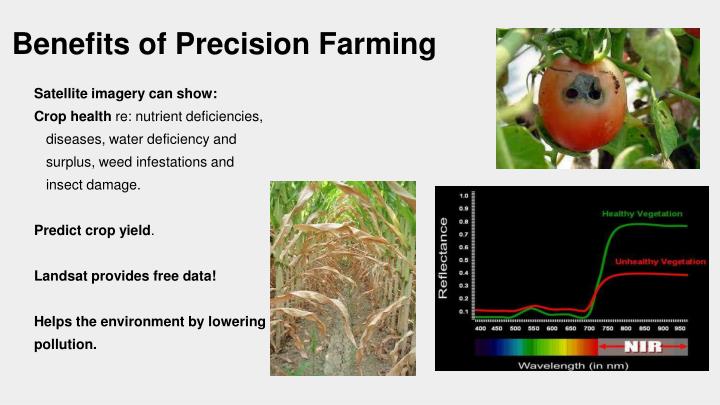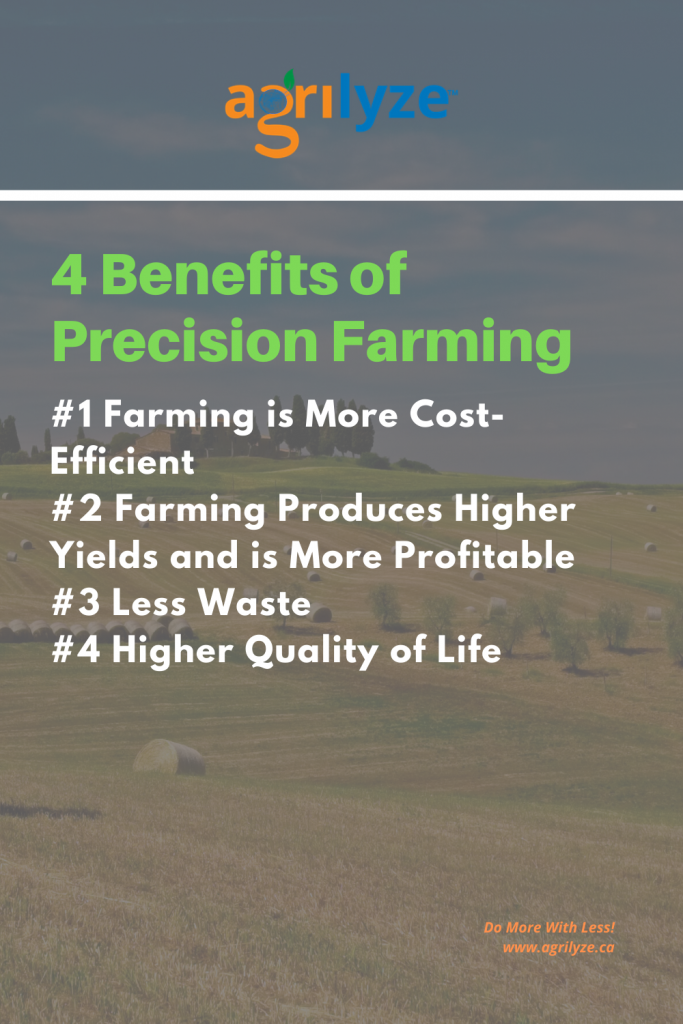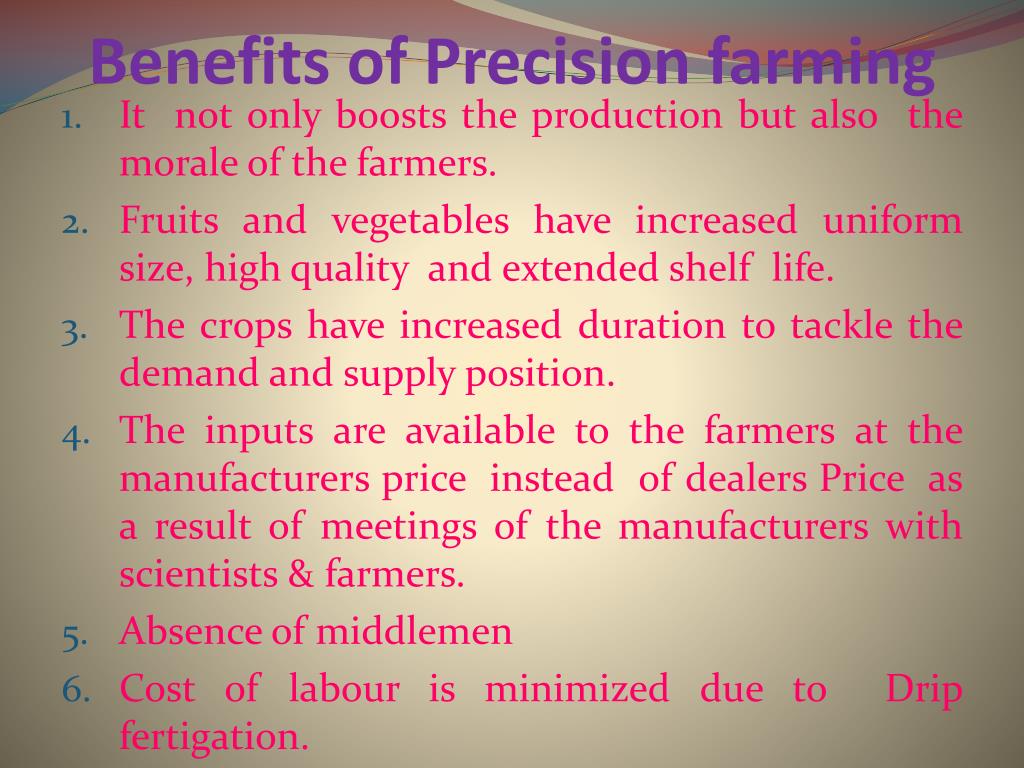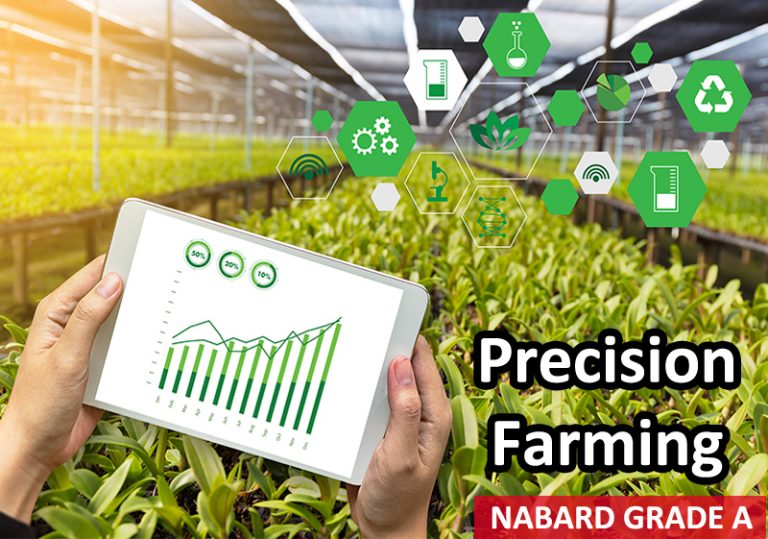 Source: bing.com
Source: bing.comOver the years, farming has evolved from traditional methods to modern techniques. One of the modern and innovative methods of farming is precision farming. Precision farming is a farming technique that involves the use of technology to manage crops effectively. This method of farming has transformed the agricultural industry, making it more efficient and productive.
What is Precision Farming?
 Source: bing.com
Source: bing.comPrecision farming is the use of advanced technology to optimize crop production. This technique involves the use of GPS, sensors, satellite imagery, and other technologies to analyze and manage crop production. With precision farming, farmers can monitor soil moisture levels, track weather patterns, and adjust the application of fertilizers and pesticides. This method of farming can help farmers save time, reduce costs, and increase yields.
The Benefits of Precision Farming
 Source: bing.com
Source: bing.comThere are several benefits of using precision farming for crop management, including:
Increased Yield
 Source: bing.com
Source: bing.comOne of the primary benefits of precision farming is an increase in yield. By using advanced technologies, farmers can identify areas of the field that need more attention and adjust their management practices accordingly. This results in more productive crops and higher yields.
Reduced Costs
 Source: bing.com
Source: bing.comPrecision farming can significantly reduce costs associated with farming. By using data to optimize crop production, farmers can reduce the use of fertilizers and pesticides, saving money on these inputs. Precision farming can also help reduce labor costs by automating certain tasks, such as planting and harvesting.
Improved Soil Health
 Source: bing.com
Source: bing.comPrecision farming can help improve soil health by reducing soil erosion and nutrient depletion. By using precision technologies, farmers can manage crop production more efficiently and minimize the impact of farming on the environment.
Enhanced Sustainability
 Source: bing.com
Source: bing.comPrecision farming is a sustainable method of farming. By reducing the use of fertilizers and pesticides, precision farming helps reduce the impact of farming on the environment. This method of farming also helps conserve natural resources, such as water and energy, by optimizing crop production.
Improved Quality of Produce
 Source: bing.com
Source: bing.comPrecision farming can help improve the quality of produce. By using advanced technologies, farmers can identify areas of the field that produce the highest quality crops and adjust their management practices accordingly. This results in better quality produce and higher prices at market.
The Future of Precision Farming
 Source: bing.com
Source: bing.comThe future of precision farming looks promising. With the increasing demand for food, farmers need to produce more crops using fewer resources. Precision farming can help farmers achieve this goal by optimizing crop production while minimizing the impact on the environment. As technology continues to advance, precision farming will become even more efficient and effective, helping farmers meet the growing demand for food and contributing to a more sustainable future.
Conclusion
Precision farming is an innovative and efficient method of farming that can help farmers increase yields, reduce costs, and improve the quality of produce. With the increasing demand for food and the need to conserve natural resources, precision farming is becoming an essential tool for farmers worldwide. By using advanced technologies to optimize crop production, farmers can produce more food using fewer resources, contributing to a more sustainable future.

